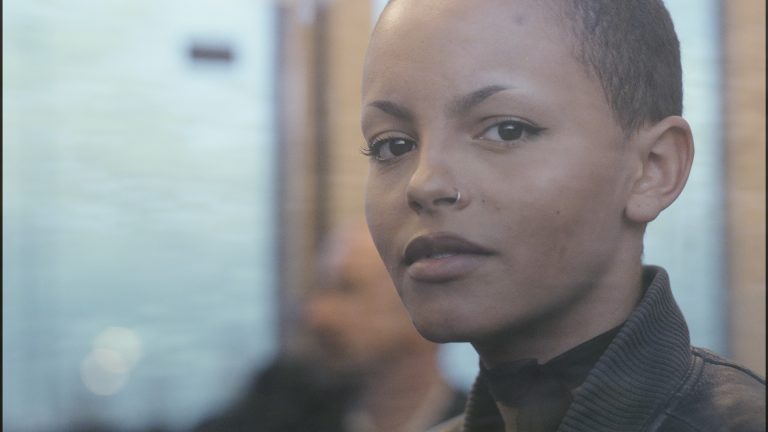About
We’ve turned the experiences of women from across the North East into a series of powerful short films as part of a digital campaign called #ItAllAddsUp.
We’ve worked with Rape Crisis Tyneside and Northumberland to show everyday interactions and misogynistic behaviour. It’s hoped together we can raise awareness, educate people and change behaviours.
And so we’re asking people to reflect on their behaviour and act differently. Ask if you’re part of the problem – either if you’ve behaved like this in the past or have been in the company of those who do.
Context
71% of women of all ages in the UK have experienced some form of sexual harassment in a public space and most women blame themselves.
Northumbria Police recorded 5,030 sexual offences in the year ending June 2022 alone. However, we know that only around 15% of victim-survivors report sexual offences.
The campaign has been funded through Kim McGuinness’ Women’s Safety in Public Places project which seeks to improve lives and prevent crime in the region.
Useful links
Feedback welcome by emailing enquiries@northumbria-pcc.gov.uk
Special thanks to all the women who shared their experiences. Without them we wouldn’t have been able to create such an authentic, genuine campaign
Bystander advice – how to help keep women and girls safe
- Pause and take a breath – is it safe to intervene?
- Remember, you have options: it doesn’t have to be confrontational. A look, body language or jokey comment can be enough to change the norm… if it doesn’t work that’s when you might escalate – but don’t go in at full steam to begin with.
- There are almost always three people you can intervene with in the moment: the victim (“are you okay?”), the wrongdoer (“give it a rest, mate”); and an ally (“did you see that? Can you help?”) which could be a friend, another bystander or specialist services.
- If it’s someone you know causing the harm – like a friend or family member – it might be better to intervene ‘after the event’ – like having a chat with them about what happened and why you felt uncomfortable. Especially if alcohol is involved in the moment, they it might be more likely to take on board what you’re saying if you intervene after the event. Remember you can also intervene with the victim and allies after the event – like checking in with them and making a plan should something similar happen again.
- Be safe but don’t over think it – remember, interventions don’t have to be perfect – they just have to be good enough. The aim is simply to show the wrongdoer and others that the behaviour is not okay and the victim that they will be supported.
|
Jude - 'I wish I was invisible . I just can't face it'
Caitlyn - ‘Cheer up, you’re much prettier when you smile.’
Maryam - ‘You look much better without that on. You’re actually pretty.’
Ella - ‘What’s wrong, love? Can’t take a compliment? '





